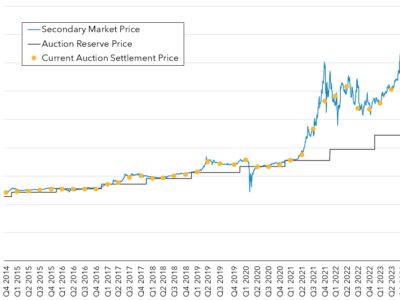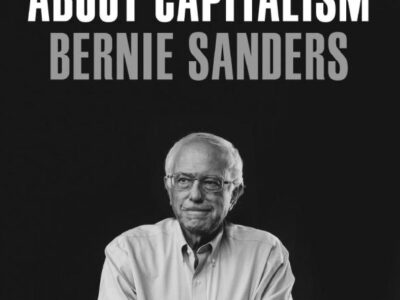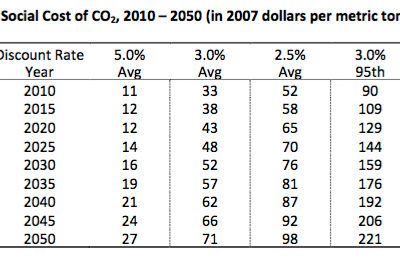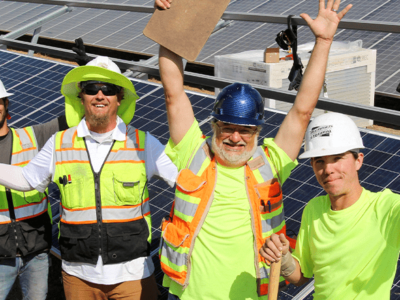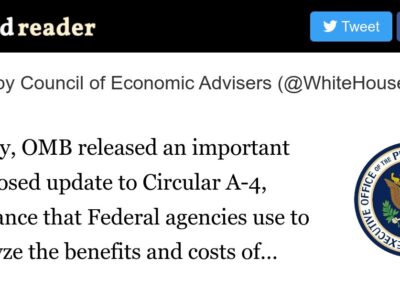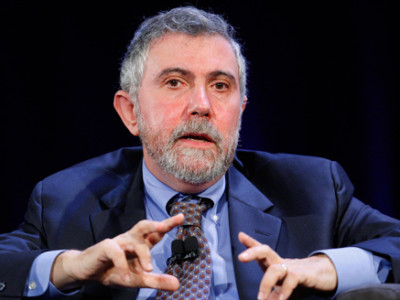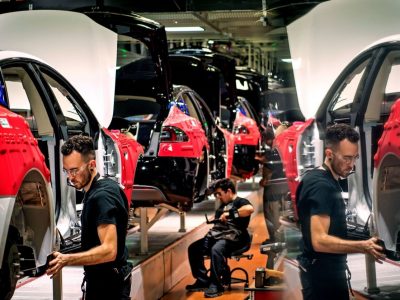environmental economics
Five Myths and Half-Truths About California Cap and Trade
California has spent years fine-tuning its trading system, with results that aren’t always easy to gauge.
A key part of California’s climate policy has always been its cap and trade system. Because the regulations aren’t very transparent, there have been a lot of misconceptions about the system. I’ve been digging into the rules, the explanatory website set up by the California Air Resources Board (CARB), and secondary sources to try to …
Continue reading “Five Myths and Half-Truths About California Cap and Trade”
CONTINUE READINGThe Environmental Gifts of the Magi
Clean air. Clean water. We receive these public goods every day without payment, as gifts from everyone to all of us.
One of the Christmas classics is the Jimmy Stewart movie, It’s a Wonderful Life. Stewart’s character is feeling suicidal, until he learns how much he has unknowingly helped others and how grateful they are. It’s heartwarming if also very corny. There’s a flip side to that story: the need to remember how much others have contributed …
Continue reading “The Environmental Gifts of the Magi”
CONTINUE READINGIs Capitalism to Blame?
Some people think we need to abolish capitalism to save the environment.
Bernie Sanders has a book called It’s OK to be Angry at Capitalism. There are certainly a lot of people across the political spectrum who feel that way. Capitalism is blamed for environmental destruction by many of the more radical segments of the Left. That’s not too surprising given the historic connection between the more …
Continue reading “Is Capitalism to Blame?”
CONTINUE READINGThe IRA’s Implicit Cost of Carbon
Here’s a simple way to think about a hard problem.
The social cost of carbon is important in many regulatory decisions made by the executive branch. It basically measures the benefit of cutting one ton of carbon emissions. Figuring out the cost of carbon based on an analysis of climate impacts is very tricky. However, there’s another way to think about the problem: We might …
Continue reading “The IRA’s Implicit Cost of Carbon”
CONTINUE READINGThe Philanthropy Gap
Spending relating to climate change is far too low given the urgency of the situation.
Larry Kramer, who heads the Hewlett Foundation, pointed out in a speech five years ago that climate change accounted for less than 2% of foundation spending. He called upon “anyone who cares about our children’s and grandchildren’s futures to step forward.” The situation has gotten only a bit better since 2017. In 2020, according to a McKinsey …
Continue reading “The Philanthropy Gap”
CONTINUE READINGThe Energy Transition and the Working Class
Is Biden right? Can we attack climate change while uplifting the lives of workers?
In most of the world, May 1 is International Worker’s Day. It celebrates the collective struggle of workers for better wages and working conditions. That made me start thinking about the efforts that have been made to unite climate action with the interests of workers. That has been a particular emphasis of the Biden Administration …
Continue reading “The Energy Transition and the Working Class”
CONTINUE READINGRevamping Cost-Benefit Analysis
Proposed changes will make CBA more climate friendly.
Last week, the Biden White House released proposed changes in the way the government does cost-benefit analysis. CBA has been a key part of rule making for forty years. The proposal is very technical and low-key, but the upshot will be that efforts to reduce carbon emissions will get a leg up. In particular, the …
Continue reading “Revamping Cost-Benefit Analysis”
CONTINUE READINGI’m With Paul
Krugman claims that climate action doesn’t mean an end to growth. He’s right.
In a recent column, Paul Krugman argued that cutting carbon emissions doesn’t have to mean an end to economic growth. He’s right about that. Carbon emissions and growth aren’t joined at the hip. He could have added that economic growth and quality of life don’t necessarily go together. The numbers are really clear about the …
Continue reading “I’m With Paul”
CONTINUE READINGCost-Benefit Analysis and Deep Uncertainty
How should agencies take into account “the things we know we don’t know”?
Since 1981, cost-benefit analysis (CBA) has been at the core of the rule making process. OIRA, the so-called “regulatory czar” in the White House, must approve every significant regulation based on a review of its CBA. But CBA has had a major blind spot. It embodies techniques for analyzing possible harmful outcomes when the probability …
Continue reading “Cost-Benefit Analysis and Deep Uncertainty”
CONTINUE READINGJobs and Environmental Regulation
“Job-killing regulation”? That’s not really what the evidence tells us.
Labor Day is a good time to talk about an important topic: the impact of environmental regulation on jobs. This is a clearly a fraught issue. In support of his deregulation campaign, President Trump promised to “cancel every needless job-killing regulation and put a moratorium on new regulations until our economy gets back on its …
Continue reading “Jobs and Environmental Regulation”
CONTINUE READING




